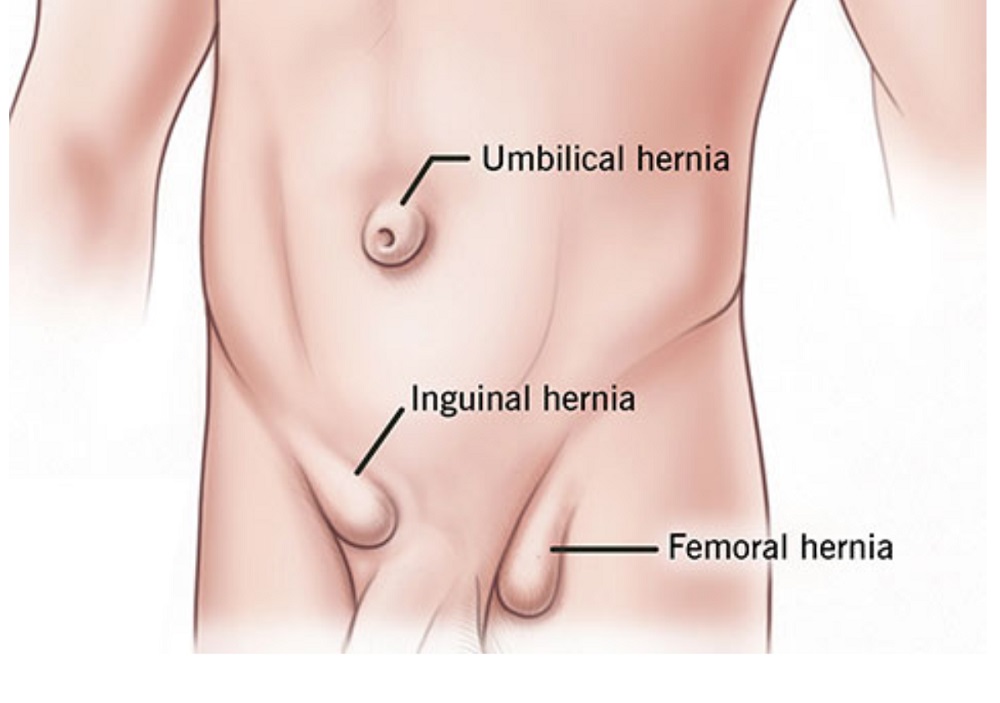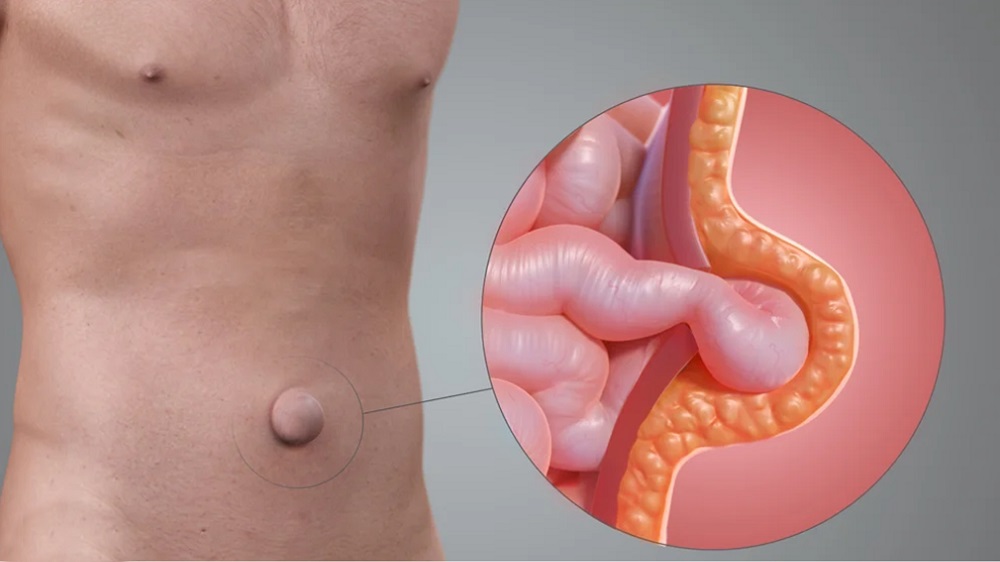Book an Appointment
Best Hernia treatment in Hyderabad and
advanced laser treatments
Hernia is a condition in which an organ or tissue bulges through a weak spot in the muscle or tissue that normally holds it in place.
This can cause discomfort and pain, and in some cases, a hernia can be a medical emergency. In this guide, we will discuss the causes of hernias, diagnosis, types, hernia treatments, surgery options, prevention methods, and postoperative care for hernias.
Causes of Hernia:
Hernias typically result from a combination of factors, including:
- Weakness in the muscle or tissue: This can be due to age, genetics, injury, or surgery.
- Increased pressure: This can be due to heavy lifting, coughing, or straining during bowel movements.
- Obesity: Being overweight can increase your risk of developing a hernia.
- Pregnancy: The increased pressure on the abdomen during pregnancy can increase the risk of developing a hernia.
Diagnosis of Hernia:
Hernias are usually diagnosed based on a physical examination of the affected area. Your doctor will look for a bulge or swelling in the area and may ask you to cough or strain to see if the bulge becomes more prominent. In some cases, imaging tests such as an ultrasound or CT scan may be ordered to confirm the diagnosis.
USFDA - Approved Procedure
Support in Insurance Claim
No-Cost EMI
1 Day - Hospitalization

Types of Hernias:
There are several types of hernias, including:
- Inguinal hernia: This is the most common type of hernia and occurs in the groin area.
- Femoral hernia: This occurs in the upper thigh.
- Hiatal hernia: This occurs when the stomach bulges through the diaphragm into the chest cavity.
- Umbilical hernia: This occurs near the belly button.
- Incisional hernia: This occurs at the site of a previous surgical incision.
Hernia Treatments:
The treatment for hernias depends on the severity of the condition. Mild cases can often be treated with lifestyle changes, while more severe cases may require surgery. Here are some of the treatment options for hernias:
- Lifestyle changes: If the hernia is small and not causing any symptoms, your doctor may recommend lifestyle changes such as losing weight, avoiding heavy lifting, and avoiding activities that cause strain.
- Medications: If the hernia is causing discomfort, your doctor may prescribe pain relievers or medications to reduce acid reflux.
- Surgery: If the hernia is large or causing complications, surgery may be necessary. There are several surgical options for hernias:
- Open surgery: This involves making an incision near the hernia and repairing the weakened muscle or tissue with sutures.
- Laparoscopic surgery: This involves making small incisions and using a laparoscope to repair the hernia.


Prevention methods for hernias:
There are several things you can do to reduce your risk of developing a hernia:
- Maintain a healthy weight: Being overweight can increase your risk of developing a hernia.
- Avoid heavy lifting: If you need to lift heavy objects, make sure to use proper lifting techniques.
- Eat a high-fiber diet: Eating a diet high in fiber can help prevent constipation and reduce the risk of hernias.
- Quit smoking: Smoking can weaken the muscles and increase your risk of developing a hernia.
Postoperative care for hernias:
If you have surgery to repair a hernia, it is important to follow your doctor’s instructions for hernia postoperative care. This may include:
- Avoid heavy lifting and strenuous activity for several weeks.
- Taking pain relievers as prescribed
- Keeping the wound clean and dry
- Wearing a supportive garment such as a truss or abdominal binder.
Experience relief from hernias at the Hyderabad Laser Surgery Hospital. Our 30+ years of experienced and exclusive hospital built for Hernia surgeries ensure top-notch care with 24/7 doctor service, insurance acceptance, private AC rooms, the best female doctors, and free post-surgery follow-up. Don’t let Hernia hold you back. Receive the best treatment for hernias. Contact us today.
Testimonial

John D
I was very nervous about undergoing hernia surgery, but the team at Hyderabad Laser Surgery Hospital put me at ease right away. The minimally invasive approach was much less painful than I expected, and I was back to my normal routine within a few weeks. Thank you for providing such excellent care!

Sarah R
Hyderabad Laser Surgery Hospital truly exceeded my expectations. The facilities were clean and modern, and the staff were incredibly supportive throughout the entire process. The hernia surgery was a complete success, and I couldn't be happier with the results. I would definitely recommend this hospital to anyone in need of surgery.

Michael S
Frequently Asked Questions about Hernia:
What is a hernia?
What are the symptoms of a hernia?
How is a hernia diagnosed?
What are the treatment options for hernia?
Hernias Treatment depends on the severity of the condition. Lifestyle changes, such as weight loss and avoiding heavy lifting, may be recommended for mild cases. In more severe cases, surgery may be necessary to repair the hernia.
Is hernia surgery painful?
Pain after hernia surgery varies from person to person, but it is usually well managed with pain medications prescribed by your doctor. Most people are able to return to normal activities within a few weeks after surgery.
Can hernias be prevented?
Are there different types of hernias?
Subscribe Here
![]()
Unlock Exclusive Health Content and Offers: Subscribe and Join Our WhatsApp Group Today!
By subscribing you agree to our Privacy Policy.

